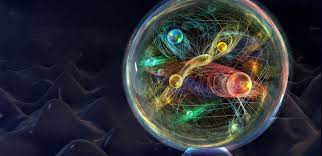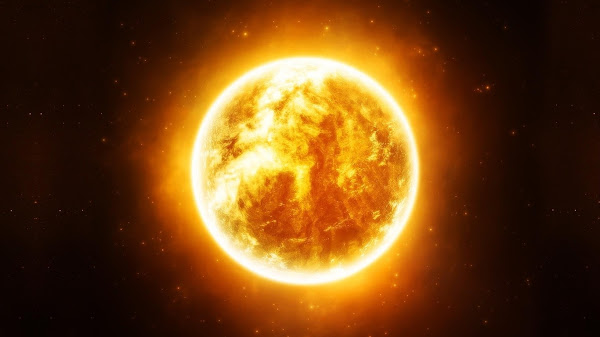The Higgs Boson: Unveiling the Particle that Shaped the Universe
Introduction: The discovery of the Higgs boson stands as one of the most significant achievements in the field of particle physics. Known as the "God particle," the Higgs boson provides insight into the fundamental nature of the universe and the origin of mass. In this article, we will delve into the intriguing world of the Higgs boson, its theoretical foundation, the experimental hunt for its existence, and its profound implications for our understanding of the cosmos. Theoretical Foundations: The concept of the Higgs boson originates from the Higgs field, an invisible energy field that permeates the entire universe. According to the Standard Model of particle physics, particles gain mass by interacting with the Higgs field, akin to wading through a dense medium. The Higgs boson, postulated by physicists Peter Higgs and François Englert in the 1960s, is the quantum excitation of this field and its detection was crucial for validating this theory. Experimental Quest: ...


